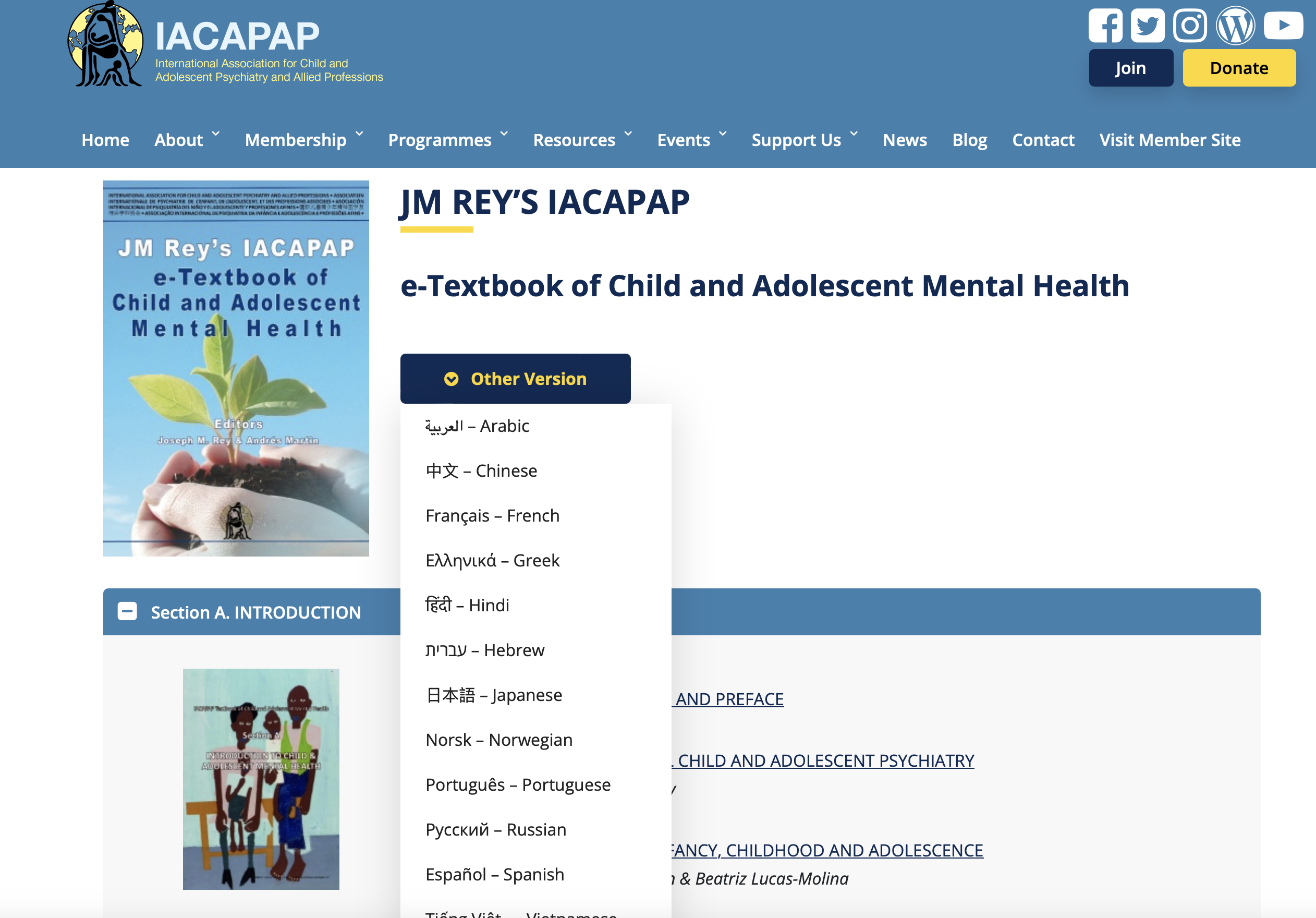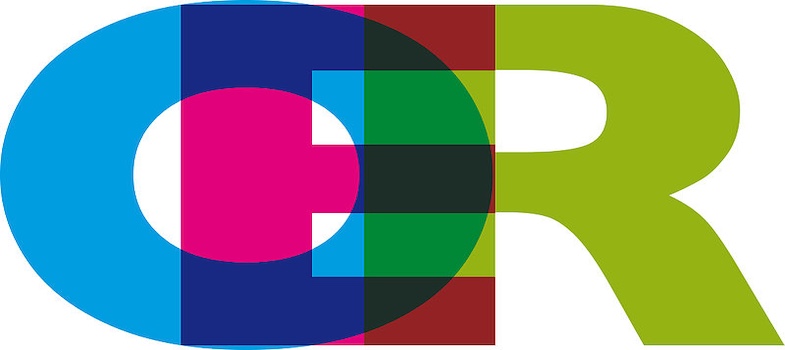4.7 Collaborating to create OER

Screenshot of the IACAPAP website
While many OER are produced by individuals, the true power of OER can be realised when people work together to create them. Collaborating to create OER can:
- Make it possible to create resources that effectively address complex topics or challenges. An example is the OpenLearn course Supporting climate action through digital education, which was produced by academics from different subject areas – an approach well suited to covering a challenge as complex as the climate crisis.
- Support the creation of resources that are accessible to a wide range of people, bringing together people with specialist knowledge about the needs of people with particular disabilities and how to meet those needs through the content and format of learning resources.
- Support the development of new skills, when OER authors learn from the people they are collaborating with.
- Support innovation and creativity, for example by fusing approaches from different academic disciplines.
- Allow the creation of resources that are more relevant to a local context, where collaborators are from local communities.
- Support the building of relationships between different institutions – relationships that may continue beyond the creation of a resource.
- Extend the reach of open educational resources, where collaborators are located around the world and can share resources in their own countries and communities.
Examples of collaboratively produced resources include:
The IACAPAP Textbook of Child and Adolescent Mental Health. The ever-growing openly licensed textbook has over 60 chapters and is a remarkable collaborative achievement by over 175 contributors from 24 countries spanning five continents, with many chapters available in multiple languages (currently there are 101 translations). The textbook is fully interactive, featuring video-clip links and hyperlinks to freely available measuring instruments, websites and publications. It is available as an app in iTunes and Google Play, and is also the focus of a MOOC.
The African Storybook project: https://www.africanstorybook.org/.
The e-book Intellectual Gems- Cross-fertilization of Experiences and Exposures, where scholars from across the globe have contributed to the chapters.
